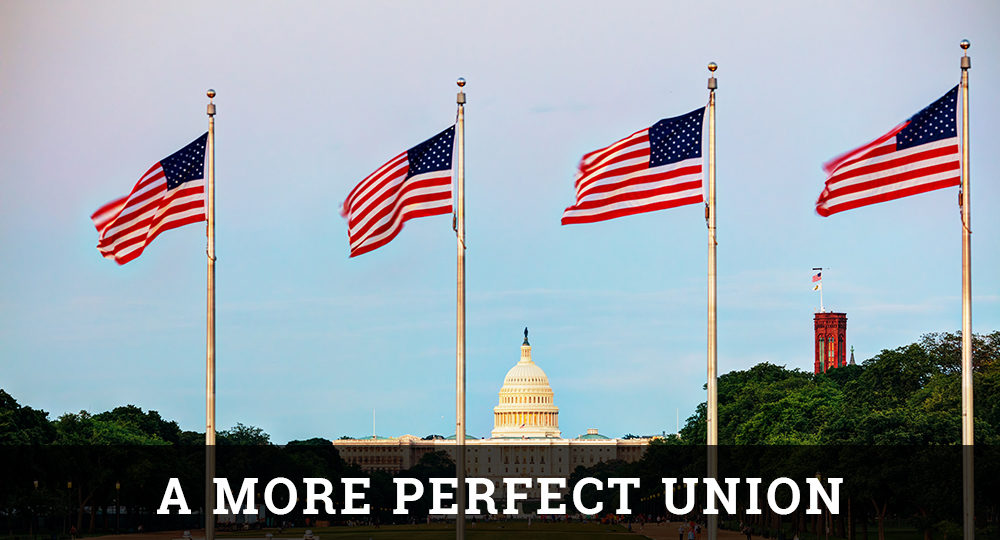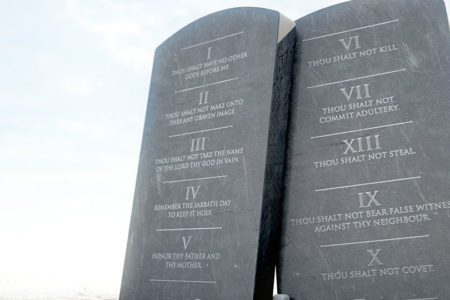The Iran Deal: Wheel of Misfortune
The Constitution of the United States sets limitations regarding international treaties. It is a hallmark of the bizarre state of politics in Washington that such norms are so blatantly ignored. Article II, Section II, clause 2 reads, “[The President] shall have Power, by and with the Advice and Consent of the Senate, to make Treaties, provided two thirds of the Senators present concur.”
Nevertheless, it is ominous how the Obama Administration has chosen to treat the Joint Comprehensive Plan of Action (JCPOA), otherwise known as the “Iran Deal,” as if it were not a treaty, thus giving the president the power to implement it without explicit congressional approval.
In fact, the administration claimed the JCPOA was not a treaty simply because officials feared they could not muster the necessary constitutional consent of the Senate to the terms of the deal, which supposedly limits Iran’s development of nuclear weapons.
That is exactly what Secretary of State John Kerry declared in a congressional hearing in July 2015. In response to a question asking why the White House had not treated the JCPOA as a treaty, Kerry testified unapologetically, “You can’t pass a treaty anymore…. It’s become impossible to pass.”
The blame for this constitutional desecration cannot be placed at the doorstep of 1600 Pennsylvania Avenue alone. Congress shares responsibility. In September the U.S. Senate failed to block the deal, even though it knew the White House had refused to disclose to Congress all of its terms.
In an ironic twist of illogic, the Senate also agreed to capitulate on the constitutional mandate that it “consent” (and “concur”) to the JCPOA treaty, agreeing instead on a different procedure: If it did not mount a sufficient number of votes to object to the deal with Iran by the deadline in September, then the deal would go through. In the law, the difference between giving affirmative “consent” and merely failing to object can be substantial. But legal principles, logic, and the Constitution seem to hold little sway in Washington nowadays.
David Sullivan, a former CIA arms analyst and one-time staff member of the U.S. Senate Foreign Relations Committee, wrote that the deal is “governed by the UN Security Council.” In a September 8 opinion piece in The Washington Times titled “A treaty or just a deal?” Sullivan wrote that the JCPOA “has arguably transcended the U.S. Constitution.” “It is,” he said, “a U.N. Security Council-sponsored, multilateral, International Atomic Energy Agency-U.N. Security Council-verified and-enforced international agreement.”
Russia, a friend of Iran, is a member of the Security Council and has veto power. Russia now holds the cards. Meanwhile, American hostages languish in Iranian dungeons, including U.S. Pastor Saeed Abedini. Their release apparently was never made a condition of the negotiations.
On the other hand, under this arms agreement, Iran has already won a rolling back of sanctions and will receive the benefit of billions of dollars that have, up to now, been frozen as punishment for its past international violations.
The ink was hardly dry on President Barack Obama’s victory in Congress when on October 11 Iran launched a test of its intercontinental ballistic missile system that blatantly broke a UN resolution. Members of Obama’s own party were outraged and penned a letter, complaining to Secretary of State Kerry.
But even that violation did not stop the JCPOA deal from becoming official on October 18. Meanwhile, Iran’s clerics continue to whip up demonstrators, chanting “death to America” and “death to Israel.”
In the Federalist Papers, our founders noted that “little dependence is to be placed on treaties,” which have no teeth, especially where one of the parties lacks “good faith.”
To see the debacle that will result from this ill-fated Iran deal, we need only look back to the wisdom of our Founding Fathers and how grossly it has been ignored.








